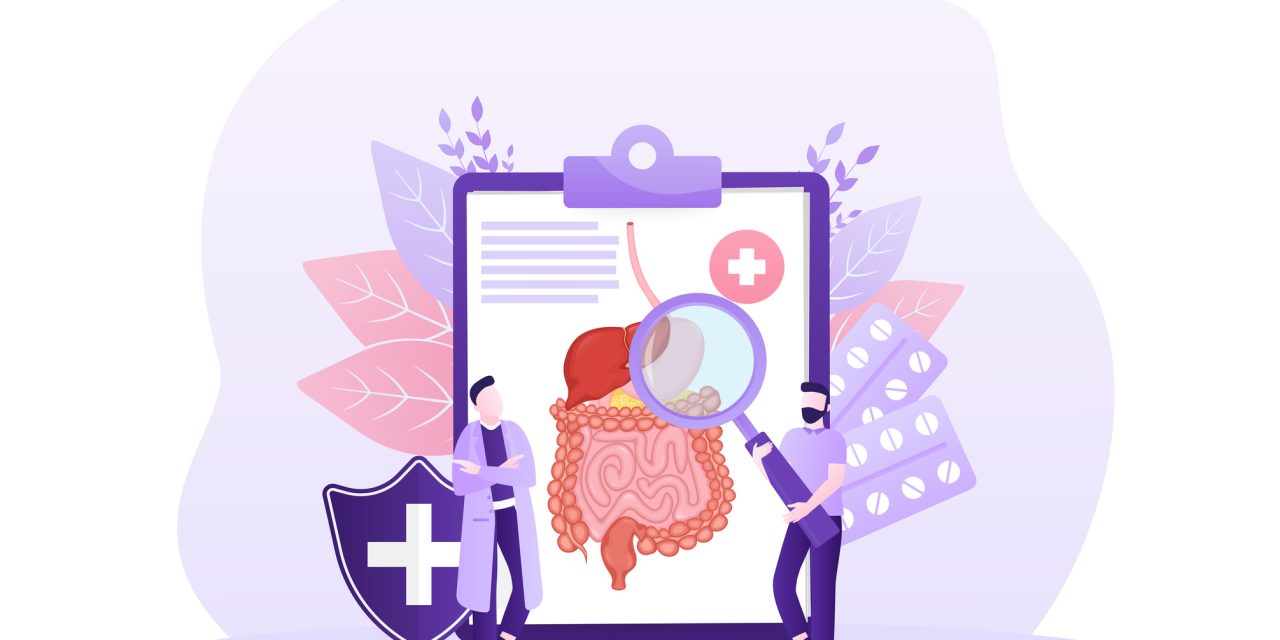The effect of pregnaSSncy on the course of inflammatory bowel disease (IBD) remains controversial. We aimed to describe the disease course before and after a first pregnancy in IBD patients. We analyzed data from a prospectively followed-up pregnancy cohort (minimal follow-up of 7 years), with clinical, biochemical and endoscopic characteristics obtained pre-pregnancy, during pregnancy and post-pregnancy. Possible factors associated with relapse (disease activity during pregnancy, maternal age, smoking, alcohol use, pre-pregnancy BMI, mode of delivery, thiopurine use during pregnancy, biological use during pregnancy, combination of thiopurine and biological use during pregnancy, breastfeeding, IBD diagnosis, endoscopic scores) were scored. One hundred twenty six patients (95 Crohn’s Disease [CD; 75%] and 31 Ulcerative Colitis/IBD unclassified [UC/IBD-U; 25%]) were enrolled, with one hundred pregnancies occurring in 100 primigravida patients. All pregnancies resulted in live birth. Twenty patients (20%) had a relapse during pregnancy. The median number of relapses/patient/year was 0.25 (IQR 0.5) and 0 (IQR 0.43) respectively before and after pregnancy ( = .00). For CD patients the median relapses/person/year was 0.25 (IQR 0.5) before and 0 (IQR 0.25) after delivery ( = .00), for UC/IBD-U patients there was no significant difference. In the post-partum period more UC patients relapsed compared to CD patients (68% vs 30.7%, = .01). Seven-year IBD-course was unchanged in the 26 women who did not become pregnant. In this prospective observational cohort study, we found a lower rate of relapses in the 4 years after delivery compared to the 3 years prior to a first pregnancy. Post-partum, more UC patients experienced a relapse compared to CD patients.
A first pregnancy seems associated with a positive effect on the course of inflammatory bowel disease: data from a prospective pregnancy cohort.


